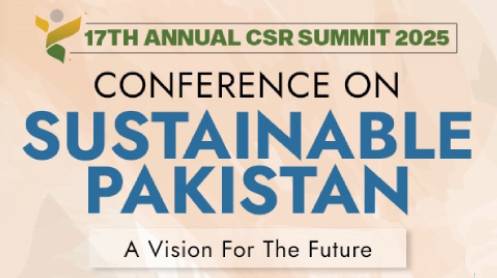Former Federal Climate Change Adviser, Malik Amin Aslam, has cautioned the newly elected government against launching again new imported coal-based power generation projects as doing so wouldn’t be in the interest of Pakistan. The former Climate Change Adviser expressed these remarks while taking part in a dialogue on “Pakistan’s New Government: the future for Energy and Environment” organised by the Third Pole. Aslam recalled on the occasion that shelving new power generation plants based on imported coal was one of the key policy initiatives of the previous government to improve environmental conditions in the country.
He said the previous government of former prime minister Imran Khan had cancelled contracts for imported coal-based power plants to be installed in the country with a cumulative capacity of 2400 MWs.
He mentioned that the same political party had once again come into power in the country that in its previous regime had launched several projects of new power plants based on the imported coal.
Except for the issue of imported coal-based plants, Aslam said that he didn’t see any reason that the new government would take any decision, which could harm or reverse the initiatives launched by the previous Imran Khan regime for the protection of the environment.
He recalled that the previous government had set the target that up to 60 per cent of electricity generated in the country should come from renewable sources of energy.
The former Federal Adviser said the previous government of Imran Khan had also formalised the policy to introduce electric vehicles in the country.
He said that the 10 billion tree tsunami drive, and increasing the number of national parks and protected areas in the country were some of the important initiatives of the previous government to improve the environment and reverse the phenomenon of climate change.
Aslam said that international donor agencies had been more than willing to fund projects related to environment and climate change in Pakistan but the capacity of the provincial governments had to be enhanced to fully utilise these funds at the grassroots level.
Abid Qaiyum Suleri, Executive Director at Sustainable Development Policy Institute, said that development of social sectors had gained much significance throughout the developing countries during the pandemic.
He said that forests, agriculture, environment, were basically provincial subjects as efforts should be made to strengthen the provinces to adopt and implement the policies aimed at environmental protection.
Senior journalist Afia Salam also spoke on the occasion and said that environmental issues were mostly regional problems like the problem of smog, which affects both India and Pakistan so such policies should be adopted, which prove to be effective across the national boundaries.
Former Federal Climate Change Adviser cautions new government against launching again imported coal-based power plants in Pakistan





